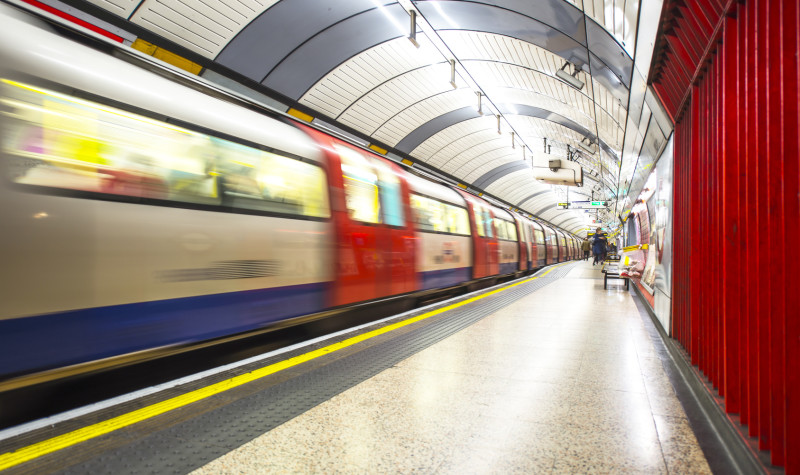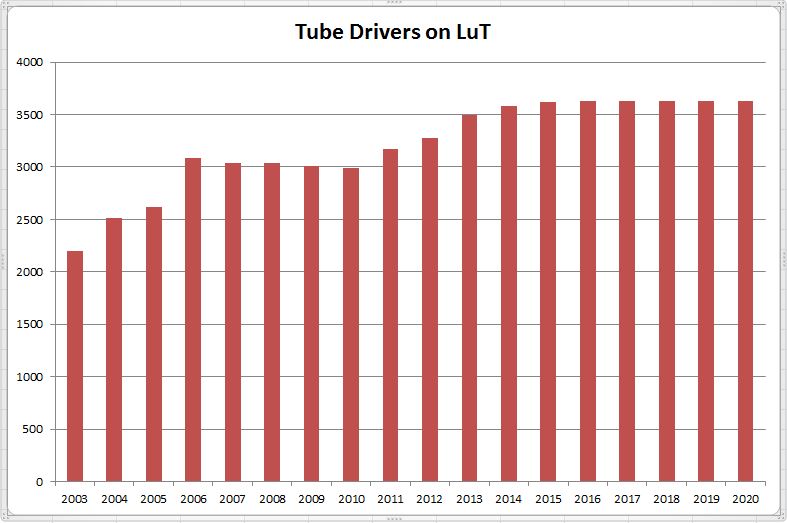Unemployment versus Leisure

I was at a seminar a year or so ago and it was about national economic strategy. It pitted what I recall as being a fairly left wing (i.e. out of date and unworkable) approach to the economy by John Mills, with a response by George Tait Edwards championing the work of little-known Japanese economist Shimomura, who I understand is regaining popularity of late in the Land of the Rising Sun.
It prompted me to raise a question which I presented like this: “When I was growing up there would be segments on Tomorrow’s World where they would give us some vision of the future and say [I put on my huge BBC television voice at this point] ‘by the year 2000 there’ll be lots more leisure time thanks to mechanisation’. There is, but we choose to call it unemployment.” Mills jumped all over that claiming his methodology would provide more jobs and came out with something like “everyone should have the right to work”. Well I don’t think they should, and I certainly don’t think they can expect to.
As I always say, I’m not of a particular political persuasion. I have a lot of views that many with the unsophisticated, out-of-date, football-team-esque, left-right model as their basis for understanding politics would think are conflicting. There are problems with all political ideas, mainly because they will be applied to people. The problem in politics is people, by which I mean people in politics and the people affected by politics – i.e. everyone.
However, the British left has a lot to answer for. Always trying to drag us back into the dark ages of their religion of stealing from the rich in order to by-pass Robin Hood, who as I understand it employed quite a few people but didn’t pay tax, and giving to the lazy and the feckless.
It is the left we have to thank for the animosity and dysfunctional relationship between government, employers and unions. Other countries – including, ironically, places like Sweden, which is known for a strong influence from the left – have managed quite well to job-share and accept that change is inevitable, and to navigate a path acceptable to all concerned. The lack of a driverless tube system in London is testament to failure. The left, as always, is in denial. The bill for tube drivers is an average pay (plus employer costs) of say £65k p.a. times the number of drivers (3,193), plus 85 trainees at a starting salary of approx. £60k, which conservatively makes for a bill of over £212m p.a. (citation: FOI request on whatdotheyknow.com).

Only days ago I asked that same question of economist Prof. Jagjit Chadha. I asked him at his recent lecture on the Cost of Business Cycles, particularly as he’d mentioned William Beveridge’s 1944 call for full employment in his closing remarks, “given all developed nations have had increasing permanent unemployment, which I see going to 25% over the coming generation, what then happens to the median income of British households once that takes hold?” He dismissed 25% as unlikely, neatly obviating the need to answer the question. It seems economists are in denial too!
Looking at the UK unemployment chart, we can apply TA to it and doing so we see the MACD and other indicators bottoming out, and a possible bottom forming in the ‘price’ itself. We should now be considering, if not wary of, rising unemployment, and as a result another reason to expect a fall in GDP, ergo, the FTSE 100.
Personally, I look forward to 100% unemployment. Then we’re really doing something right.

Comments (0)